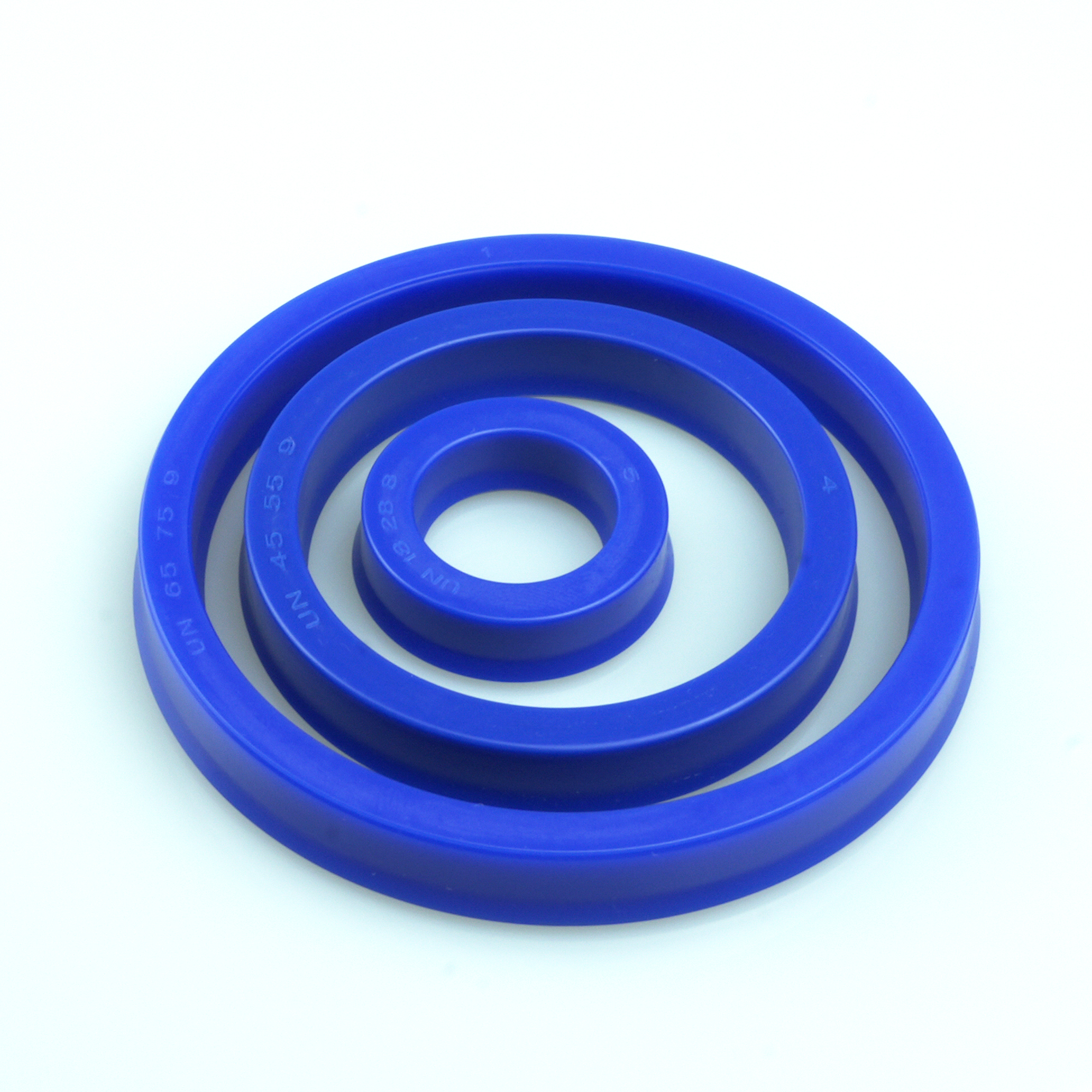Seals are critical components in industrial production, widely used to prevent liquid or gas leaks and ensure the stable operation of mechanical equipment. Among the many seal types, UN (Universal Seals) and UHS (Ultra-High-Pressure Seals) have attracted significant attention in the industrial sector due to their differing performance characteristics and application scenarios. This article will delve into the differences between the two, focusing on basic characteristics, operating pressure, temperature and corrosion resistance, cost, and selection recommendations.
I. Basic Characteristics and Main Applications
UN seals offer multi-media compatibility and excellent elasticity. They are typically made of rubber or plastic and are suitable for conventional hydraulic and pneumatic systems, and are widely used in general industrial equipment.
UHS seals, on the other hand, specialize in high-pressure, high-temperature, and highly corrosive environments. They utilize specialized materials such as engineering plastics or metals and are commonly found in high-end industries such as the petroleum, chemical, and aerospace industries.
2. Comparison of Operating Pressure Ranges
UN seals are typically suitable for low- and medium-pressure systems, meeting the needs of most industrial applications.
UHS seals have a significantly higher design pressure range, making them the preferred solution for extreme pressure environments.
3. Temperature and Corrosion Resistance
UN seals offer stable performance within the -40°C to 120°C range and offer moderate corrosion resistance, making them suitable for general industrial environments.
UHS seals demonstrate superior adaptability to extreme environments, maintaining long-term sealing stability in high and low temperatures and corrosive media, ensuring safe operation of equipment under harsh conditions.
4. Selection Recommendations: Matching Requirements is Key
For conventional pressure, temperature, and media conditions, UN seals are the ideal choice due to their cost-effectiveness and reliability. However, in high-pressure, high-temperature, or highly corrosive environments, UHS seals provide longer-lasting sealing protection, preventing the risk of seal failure.
Conclusion
UN and UHS seals each have distinct application scenarios. Correct selection not only impacts the sealing performance of the equipment but also directly affects production safety and operating costs. Users are advised to make a sound choice based on actual operating parameters and professional advice.
This article was compiled and published by the [INDEL] foreign trade team. Industry partners are welcome to discuss and inquire.

Post time: Aug-26-2025

